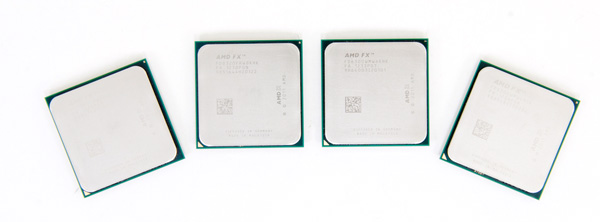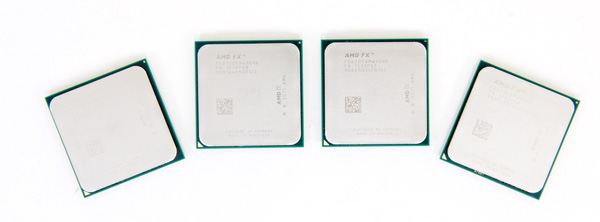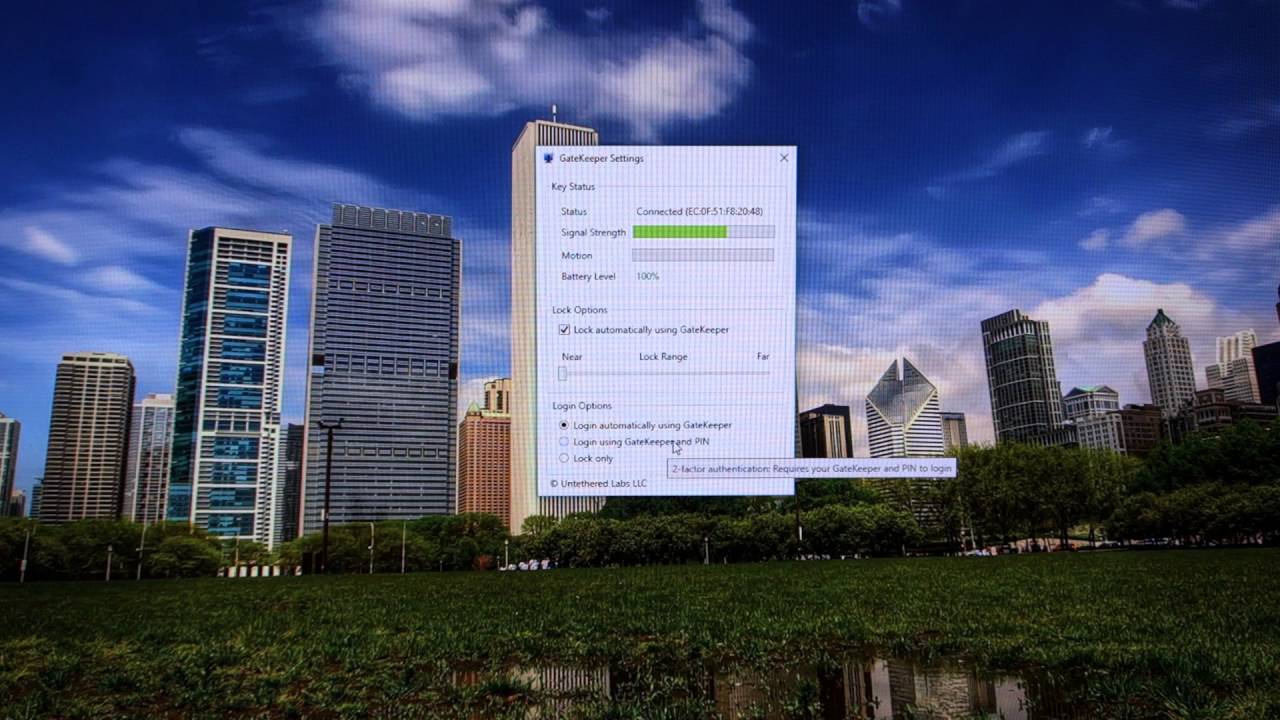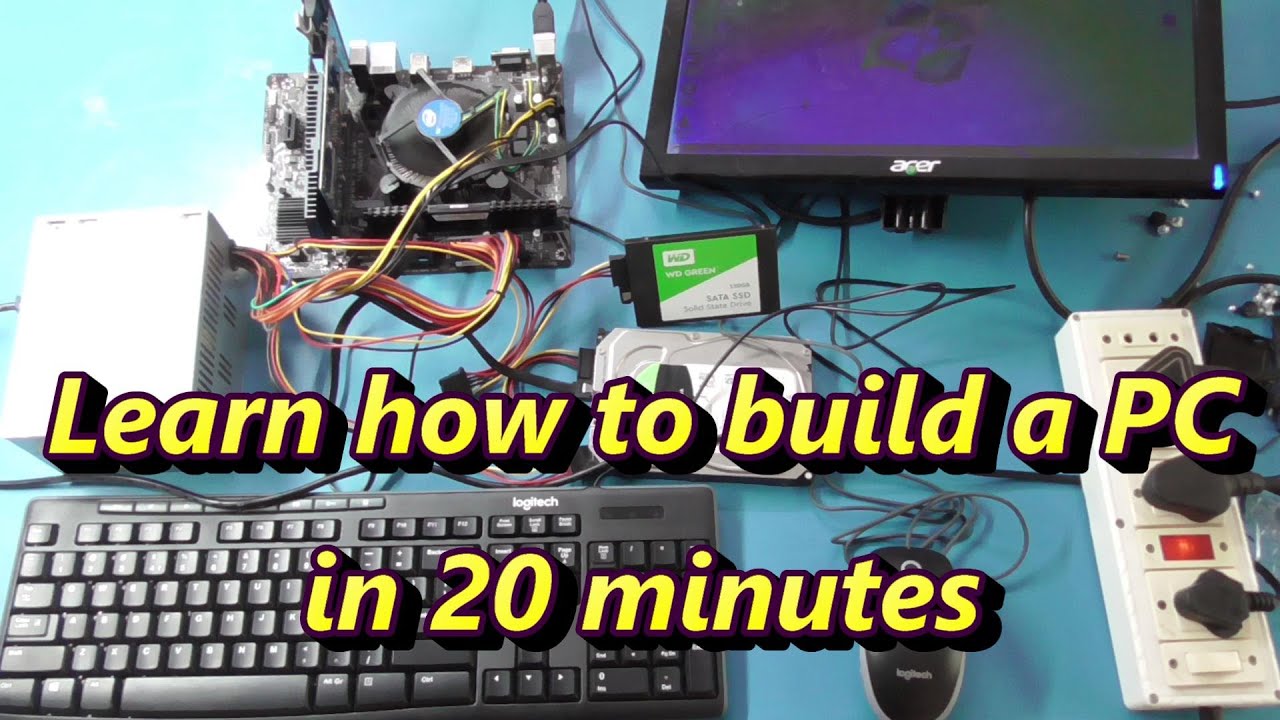Last year's launch of AMD's FX processors was honestly disappointing. The Bulldozer CPU cores that were bundled into each Zambezi chip were hardly power efficient and in many areas couldn't significantly outperform AMD's previous generation platform. Look beyond the direct AMD comparison and the situation looked even worse. In our conclusion to last year's FX-8150 review I wrote the following:
“Single threaded performance is my biggest concern, and compared to Sandy Bridge there's a good 40-50{b81fbfd19e1fca5890798868c0714c408bbd5ec471654b6f9630c0fffa6e7eb3} advantage the i5 2500K enjoys over the FX-8150. My hope is that future derivatives of the FX processor (perhaps based on Piledriver) will boast much more aggressive Turbo Core frequencies, which would do wonders at eating into that advantage.”
The performance advantage that Intel enjoyed at the time was beyond what could be erased by a single generation. To make matters worse, before AMD could rev Bulldozer, Intel already began shipping Ivy Bridge – a part that not only increased performance but decreased power consumption as well. It's been a rough road for AMD over these past few years, but you have to give credit where it's due: we haven't seen AMD executing this consistently in quite a while. As promised we've now had multiple generations of each platform ship from AMD. Brazos had a mild update, Llano paved the way for Trinity which is now shipping, and around a year after Zambezi's launch we have Vishera: the Piledriver based AMD FX successor.

Read on for our full review!
![]()





